India experienced the biggest migrant crisis this year after COVID-19 pandemic hit the entire world. Today, the country stands as the second worst-affected country after the USA.
Social media activism rose, with people publicly criticising the government’s hasty lockdown decision and sympathising for the lesser privileged sections of the society. None of us could even go out for groceries, and thus, social work became just an untended dream for most of us.
However, ED Times was grateful enough to talk to one such millennial volunteer who did not let the pandemic stop her from volunteering for social work, and without breaking any rules of social distancing, she did what most of us could only do through our social media accounts.
Meet Milli Thawani, a young local social activist who serves small and unheard corners of Dehradun.
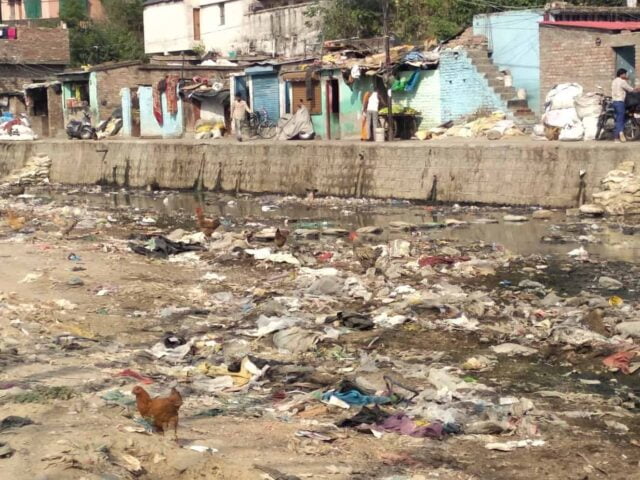
What makes her story unique is her sheer determination and courage to face all odds during a pandemic that threatens her own health and to venture out to the unaided streets and slums of Dehradun. She tells us her story of how she countered her fears, made the best use of her education to share it with the less privileged and unlocked the power of documentary by making a small one this month.
Documentation of Bindalpul, Uttarakhand
Bindalpul is situated at the banks of the dead river Bindal, which is home to around 30,000 slums, of which many are the city’s waste pickers.
They live in polluted and uninhabitable conditions, and the kids also participate in the segregation of waste with their parents, enrolled in government schools for the sake of it.
Milli has been able to do her bit and help them with few resources, but she also realises that any kind of security and structural help can only be done by authorities if they listened to them.
Read More: Dharavi Flattens The COVID 19 Curve: Lessons From Asia’s Biggest Slum
She was able to talk to them and document their stories, and most of them noted how the government had no touch with them. Recently, a road that was built was not extended to cover Bindalpul.
When a 16-old-boy was asked if everyone was aware of the COVID-19 pandemic, he said that nobody cared about it because everyone just spent their day drinking alcohol. Many boys in the slum indulge in underage drinking.
Being part of India’s ignored informal sector, they do not have access to the basic respectful ways of living.
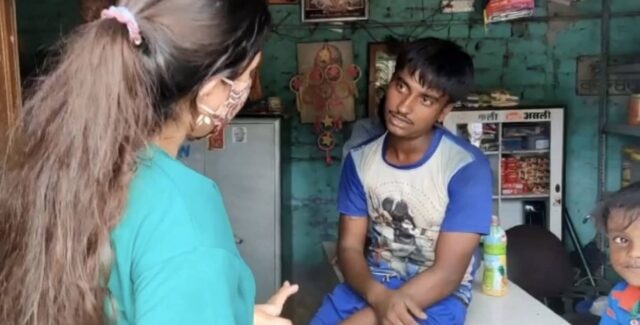
At a time when we are obsessed with our phones, a short documentary can be a powerful way of reaching out to people, says Milli. Working with an NGO helped her gain her confidence, especially since she went only with one other person to do the same.
She says that her parents have been supportive of her cause, and despite society’s restrictions of certain freedom for women, she has been able to do it all alone.
Here’s a link to the documentary. After being extensively shared on social media, it was recently put up on YouTube.
What are the reasons?
Dehradun has been a magnet for immigrants for a very long time. This becomes ironic considering the situation where India witnessed migrants swarming back to their places since even these places are not adequate to give people proper lives.
According to reports, the problem lies with the life of the rivers in Dehradun, especially the Bindal and Rispana rivers. These rivers became hotspots for settlements and were encroached, due to which the rivers have now dried up.
They were used excessively and no proper care was given to them by authorities. The slums are also facing the fear of eviction from these areas by Nagar Nigam authorities. Hence, COVID-19 is just the least of their fears.
What can one do?
Bindalpul is only one among a million other slums in India that need support from the government and citizens. Milli hopes that this story becomes an impetus for people to become more aware and extend their acknowledgement if not practical fieldwork, as it is definitely not everybody’s cup of tea.
Instead of criticising structural problems, one also needs to pay attention to the small things happening in their area, be it making sure your house help is paid their salary during the pandemic.
Milli hopes that people get inspired by her story, and we have also encouraged this on our platform for the same.
Image Credits: @milli_socialactivist
Sources: The Doon Mosaic, Citizen Matters
Find the Blogger: @aiswaryanil
This post is tagged under: social activism, bindalpul, unheard slums of india, what are the problems faced by the informal sector of india, garbage, waste pickers, landfills, rivers, bindalpul river, rivers in uttarakhand, volunteering, how can I volunteer for social work during corona, social work covid-19, what is happening in bindapul, documentary of bindalpul, youth of india, young india, ngos in dehradun, ngos in uttarakhand, nagar nigam authorities, government of india, does the government help informal sector, policies for informa sector, migrant crisis, jobs during covid-19, facilities, sanitation, alcohol, alcoholism in India, Milli Thawani, millennial social activist, environment activist india, young social activists, problems in uttarakhand during lockdown
Other Recommendations:
This Is The Sad Reality Of A Slum In Delhi’s Rajouri Garden: We LivED It (Video)









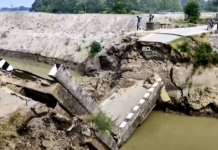
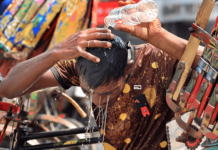

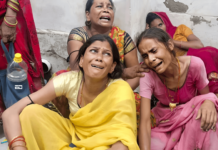

















Well written. The content is very inspiring.
Thank you!
I am honoured ❤️ , i feel great . Thankyou so much Aiswarya and ED times for publishing my story . This means a lot to me . Aiswarya your writing skills are amazing, you have that spark in you to beautifully present events and stories of people. Once again Thankyou so much , I feel blessed .
We’re glad that we could write your story! Sincere welcome from the ED team. Keep up your inspiring work!
Thankyou Indu❤️❤️❤️